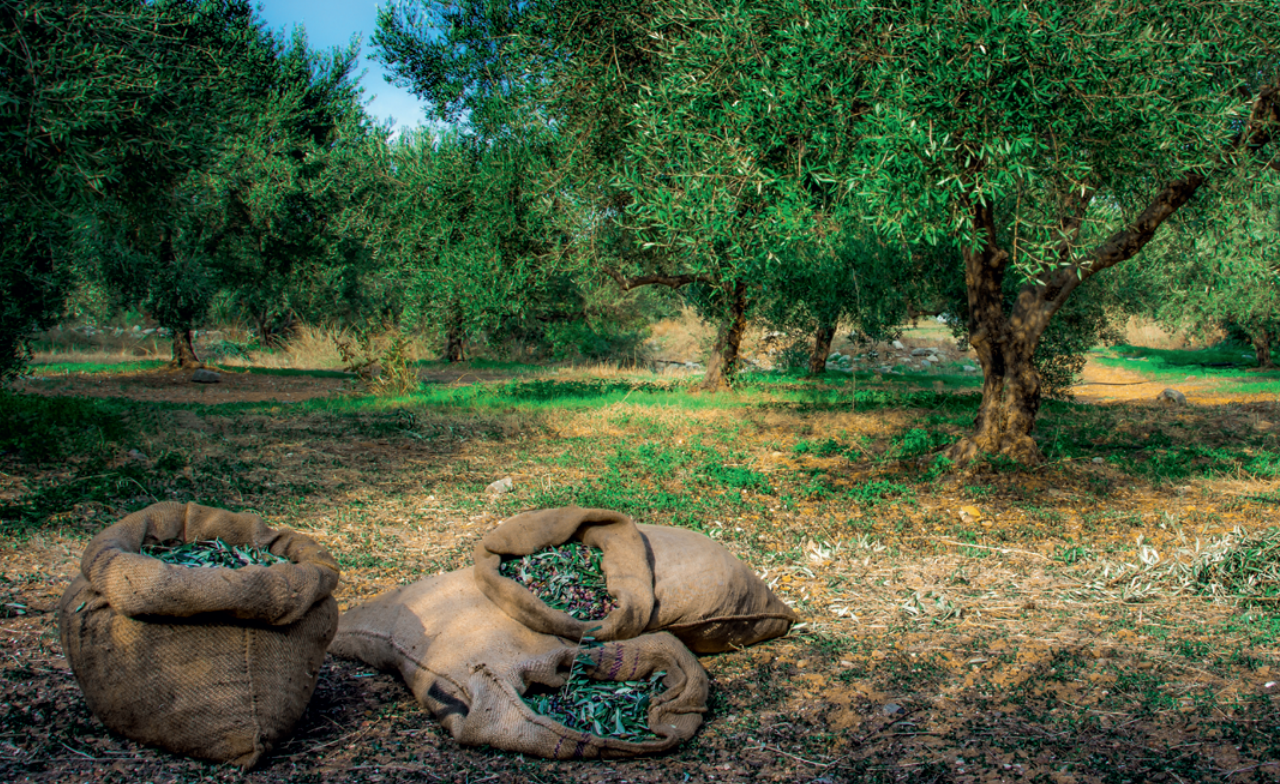
Fixing food: the Mediterranean region
Fixing Food: The Mediterranean Region is an Economist Intelligence Unit report investigating food sustainability issues in the Mediterranean in the context of the various social, economic and environmental challenges confronting the region.
The 12 Mediterranean countries included in this study are by no means a homogenous group. The five northern Mediterranean countries (France, Greece, Italy, Portugal and Spain) are all EU members. Their average per-head income is nearly fivefold the average for six southern and eastern Mediterranean countries (SEMCs), including Egypt, Jordan, Lebanon, Morocco, Tunisia and Turkey, but excluding Israel.
There are also wide variations in population size between the countries in the region— ranging from 91m in Egypt to just over 6m in Lebanon among the SEMCs, and from 65m in France to a little over 10m in Portugal in the northern economies. Population growth in the five EU members was stagnant between 2007 and 2016, but expanded at an average rate of 2.5% a year in the SEMCs (excluding Israel) over the same period.
These significant income and demographic differences are, in turn, key explanatory factors for the wide variations in food sustainability and nutritional standards that exist between the northern countries and those on the southern and eastern shores of the Mediterranean.
Download the briefing paper and the infographics via The Economist Intelligence Unit.







